A Force to Shape the Future

Innovation is generally driven by the pursuit of a solution to a specific problem or unmet need. Up to this point in human civilization, we have gotten by with addressing challenges of today and trends of tomorrow with solutions that leverage current research and technologies. However, predictions from the likes of Gordon Moore to Bill Gates are noting that our existing level of efficiency and focus in this process is waning under the rapid rate of increase of transformative computing power and the disruptions being brought to every sector of society. In order to hold the advantage in any context, the most impactful innovators will ensure their posture of thought has shifted from reactive to proactive – from the present to the more distant future – so their work remains relevant.
This is uncomfortable, even for the best futurist, because it requires one to put all assumptions aside to navigate ambiguity, uncertainty, and the limits of one’s fundamental understanding. Additional factors that distract us from purely exploring the future includes bureaucracy of one’s context and fear of the ramifications for being “wrong”. These realities can blind us with ignorance to the possibilities of the future that are already hard enough to digest in the most open forums.
Fortunately, the community of AUiX has recognized all of this and is addressing the need for networks, safe spaces, and structures whereby people can connect, invest in the practice of exploring the possibilities of the future, and innovating to that end. Fueling partnerships that span DOD, academia, and industry, AUiX embraces failure as part of this journey and builds capacity for innovators to grow from and build upon it. Toffler provides this helpful analogy which captures the paradigm well:
“The maps of the world drawn by the medieval cartographers were so hopelessly inaccurate, so filled with factual error, that they elicit condescending smiles today when almost the entire surface of the earth has been charted. Yet the great explorers could never have discovered the New World without them. Nor could the better, more accurate maps of today have been drawn until men, working with the limited evidence available to them, set down on paper their bold conceptions of worlds they had never seen. We who explore the future are like those ancient mapmakers, and it is in this spirit that the concept of future shock and the theory of the adaptive range are presented here – not as final word, but as a first approximation of the new realities, filled with danger and promise, created by the accelerative thrust.”
We are in what is being identified as a “hinge of history” for mankind. With no way to turn back and little time to dwell on the present, the courageous ones who take bold steps into the unknown will make up the small but powerful force that shapes the future.
—————————————————————
Join the conversation on Futures Literacy at the upcoming LEDx Johns Hopkins workshop on June 21, entitled “Back to the Future: Innovating in Times of Uncertainty and Disruption”. An article in the NATO Review with the same title can be viewed here. To register, email geneva@auix.org. More information about “The Hopkins Method” built by the Center for Leadership Education, click here.
The LEDx (Leadership Education Development eXperience) series is a high-caliber professional program hosted by AUiX and facilitated by world-class academics, military professionals, industry and community partners. Participants collectively tackle intentionally chosen topics within purposefully designed experiences that will provoke thought, initiate new conversations, and build insight and camaraderie.
To learn about other ways you can partner with AUiX, contact us here.


0 Comments